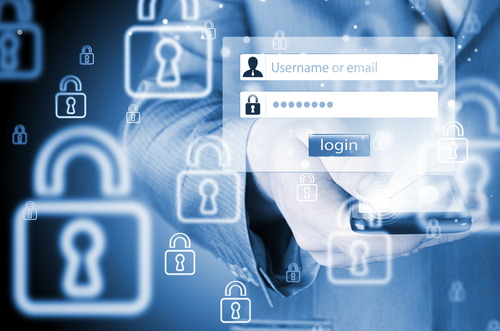
In a recent revelation that has sent shockwaves through the circles of high society, it has come to light that Ghislaine Maxwell maintained a secret email account linked to Jeffrey Epstein’s household. This discovery adds another layer of intrigue to the already scandalous narrative surrounding the disgraced financier and his associates.
Maxwell, who has been a central figure in the Epstein saga, reportedly refused to turn over messages from this clandestine account. Her reticence to share these communications has sparked speculation about the nature of her relationship with Epstein and the extent of their shared activities. The email account in question was part of the now-defunct MindSpring messaging network, which Epstein used to communicate with friends and staff across his various residences.
Epstein victim Sarah Ransome doubles down on her claims. She says the only reason that she previously retracted her statements is because her life was threatened by Ghislaine Maxwell. pic.twitter.com/I8EU3vUEHU
— Unfiltered☢Boss (@Unfilteredboss1) January 9, 2024
The British socialite had previously claimed that the MindSpring email address was merely a spam account, utilized for innocuous purposes such as signing up for marketing correspondence at retail stores. However, this assertion has been challenged by attorneys representing Virginia Giuffre, one of Epstein’s accusers. They allege that Maxwell used the account for more personal matters, including managing her Tumblr account—a platform where a significant portion of content is reported to be pornographic.
The nature of Maxwell’s MindSpring account came under scrutiny during a court hearing that had previously been sealed. During the proceedings, evidence was presented suggesting that Maxwell’s use of the account extended beyond her initial claims. It was alleged that she also used the account to sign up for LinkedIn and Dropbox, casting doubt on her explanation that it was solely for receiving retail store promotions.
Maria Farmer (Epstein Victim) speaks out on Maxwell, Epstein, and Donald Trump. This is compelling stuff. pic.twitter.com/ToCiPUtOYO
— Unfiltered☢Boss (@Unfilteredboss1) January 9, 2024
The unsealing of these documents is part of a larger effort to comply with judicial orders to release thousands of pages involved in the 2015 defamation lawsuit filed by Giuffre against Maxwell. The suit, which was settled in 2017, stemmed from Giuffre’s public allegations against Prince Andrew, Maxwell, and Epstein, claiming she had been sexually trafficked by the pair to the royal, among other accusations—all of which were denied by the accused parties.
One exhibit released claims that Maxwell and everyone working for Epstein used a secret server to communicate. This server, also identified as MindSpring, was employed by household staff to manage daily tasks and events. An employee described the system as “ridiculous,” noting that Epstein would request simple items like “coffee” or “orange juice” through the server, despite multiple employees being present in the same house.
These revelations have reignited interest in the Epstein case, prompting calls for greater transparency and accountability. The unsealed documents provide a glimpse into the inner workings of Epstein’s network and raise questions about the power dynamics and cover-ups that may have enabled his alleged crimes.
As the public digests these latest developments, the demand for justice and truth only grows stronger. The refusal to turn over potentially critical evidence suggests a deliberate attempt to obscure the full scope of the activities within Epstein’s circle. As more information comes to light, the world watches closely, hoping that the victims of this sordid affair will finally see the full extent of the law applied to those who have wronged them.












